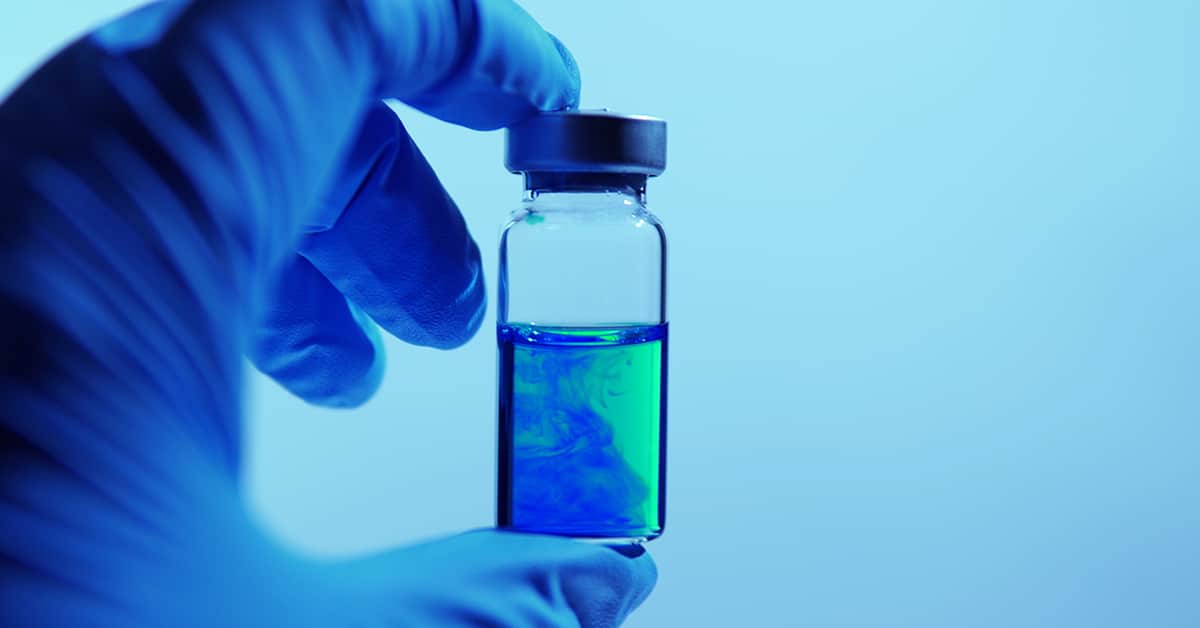The race for vaccines hasintensified competition between governments and squelched some rivalries in the private sector.

The monumental effort undertaken by big pharma and governments to produce a new vaccine against an unprecedented global disease in less than a year has prompted a series of public-private partnerships that are accelerating a transformational shift in the industry.
In a war-like scenario, governments have supported domestic manufacturing and limited exports of critical supply to secure enough medical equipment and vaccines for their population.
Under a recent deal brokered by the Biden administration, US pharmaceutical group Merck will help produce Johnson & Johnson’s vaccine. In Europe, Sanofi is helping manufacture the shots developed by Johnson & Johnson and Pfizer-BioNTech.
“Countries are scrambling to secure vaccine supplies for their own citizens,” says Robin Feldman, a law professor at UC Hastings whose work focuses on intellectual property, drug patents and health care law.
The United States has used the Defense Production Act (DPA) to address the shortage of critical supply by giving federal agencies the authority to prioritize contracts and expand domestic production. The EU has supported the development and production of vaccines with a total of €2.7 billion. In Italy, the government led by former ECB president Mario Draghi is considering offering incentives to help domestic companies repurpose their plants and manufacture vaccine doses.
“In an effort to woo companies, I would expect each nation to look for what it can offer as an incentive – whether that is domestic resources such as factories and workers, tax incentives, or intellectual property inducements,” Feldman tells Global Finance.
De-Risking Invention
In a report on public response to Covid-19, the US Government Accountability Office (GAO), a watchdog, says that vaccine companies are working in partnerships with the federal program Operation Warp Speed to expand production capacity. One vaccine company told GAO that the administration helped it identify an additional manufacturing partner, according to the report. The federal government also helped vaccine companies by expediting the procurement and delivery of equipment. In the March-September period, the GAO identified 43 deals valued at $3.9 billion where federal agencies prioritized contracts or funded expanded production of medical, testing and vaccine supplies.
“Drug development is a costly business. There is also a risk because you are not sure whether the drug is going to be approved,” says Candice Wright, Acting Director for Science, Technology Assessment and Analytics at the GAO.
“It’s a huge financial risk for companies but the federal government’s support helps to de-risk some of the costs that are associated with vaccine development,” she says.
Outsourcing invention has long been a trend for big pharma faced with stagnating innovation, Feldman says. Universities and startups work on innovation, and pharmaceutical companies purchase the products and deal with regulatory approval and mass production. These collaborations have intensified during the coronavirus emergency.
One example is the agreement between AstraZeneca and the University of Oxford, where the former makes and distributes the vaccine developed by the Oxford researchers.
More unusual is the collaboration between pharmaceutical rivals such as Merck and Johnson & Johnson. “Merck-J&J is two big elephants dancing in the moonlight. That is unusual indeed. And it would not happen unless there were good profit potential for both,” Feldman says.
Merck says it will receive up to 268.8 million dollars in federal funding to adapt and make available some of its existing plants for manufacturing Covid-19 vaccines and medicines, including Johnson & Johnson’s single shot. Merck—which discontinued a project to develop its own vaccine—will produce drug substances as well as formulate and fill vials.
“This funding from BARDA will allow us to accelerate our efforts to scale up our manufacturing capacity to enable timely delivery of much needed medicines and vaccines for the pandemic,” Mike Nally, executive vice president, Human Health at Merck, says in a statement.
Back in Europe, BioNTech says it will receive a grant of €375 million by the German government to speed up the development and manufacturing capabilities of vaccines developed respectively with Pfizer and Fosun Pharma. The plan is one of three vaccine programs supported by the German federal ministry of education and research (BMBF) for up to 750 million euros.
The race for vaccines has also intensified competition between governments. Since the early outbreak, several countries including the European Union have imposed restrictions on exports of critical supplies and vaccines. Italy this month decided to ban the export of around 250,000 doses of the AstraZeneca-Oxford vaccine to Australia.
“The underlying premise of the European Union was, ‘one for all and all for one.’ When there wasn’t enough vaccine to go around, however, it became, ‘every man for himself,’” Feldman says.



